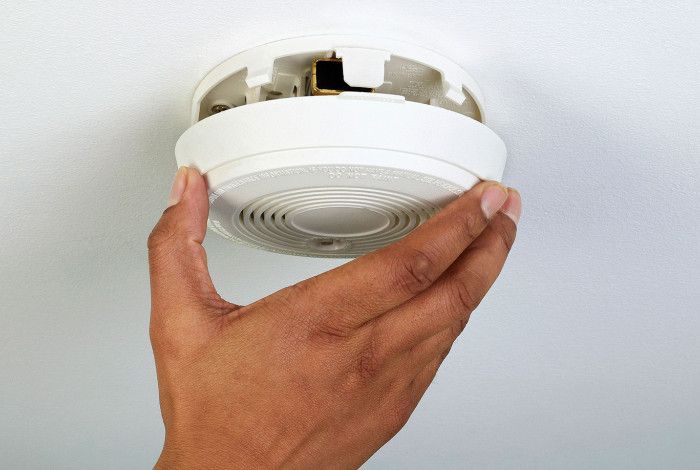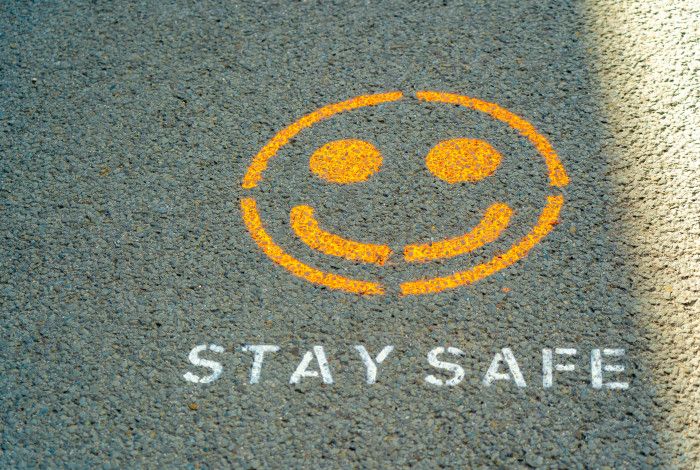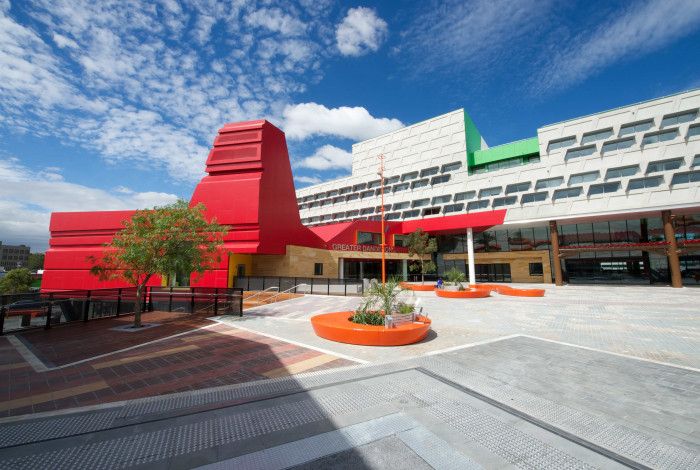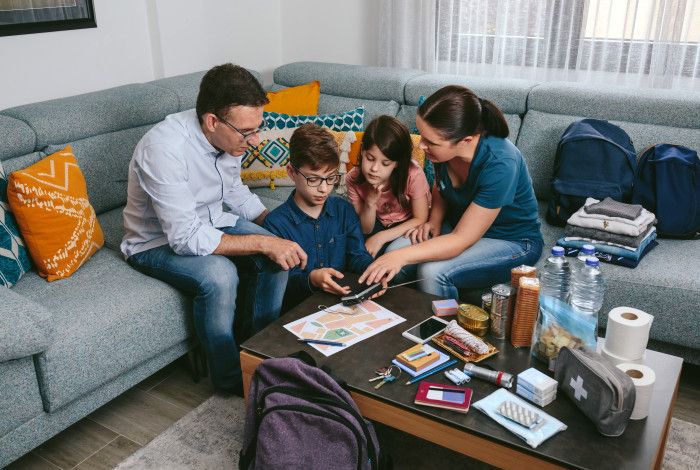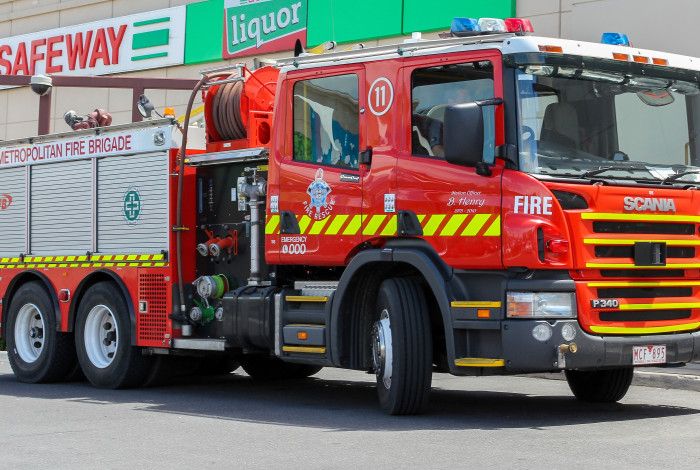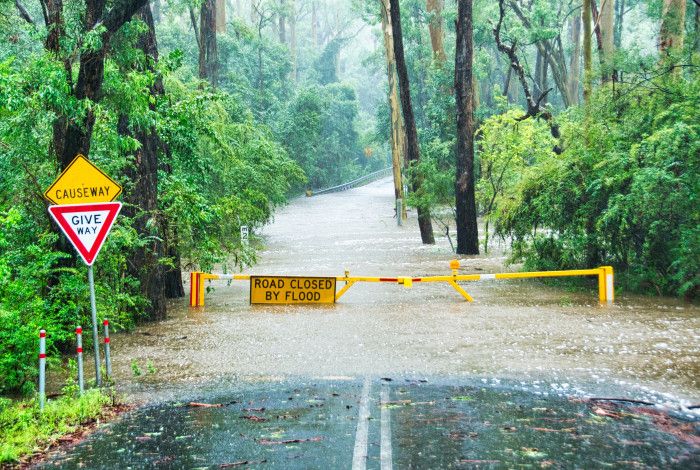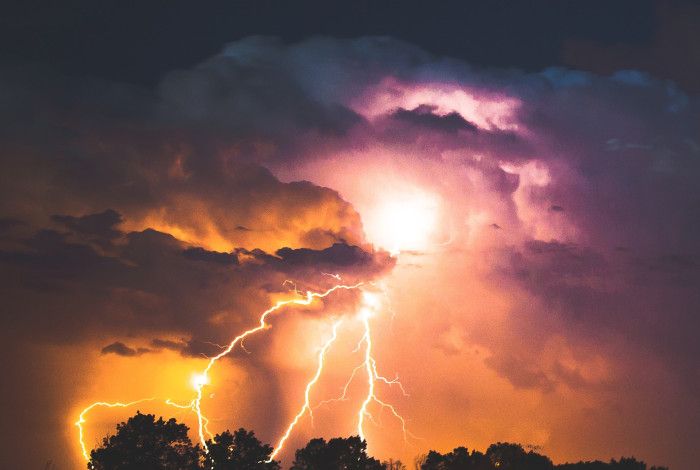Contacting the Greater Dandenong Municipal Emergency Management Planning Commitee (MEMPC)
If you have any questions or feedback about emergency management within Greater Dandenong, please email the MEMPC on emergency.management@cgd.vic.gov.au.
Emergencies come in many forms and can happen at any time, affecting your life in ways you don’t expect. Here you will find resources to assist you to prepare for different emergency situations.
In an emergency
Telephone Triple Zero (000) for Police, Fire & Ambulance in a life-threatening or time critical situation.
To find out more information about how and when you should telephone Triple Zero (000) visit Triple Zero.
Flood and Storm
In a flood or storm where life is not in immediate danger telephone the Victoria State Emergency Service (SES) on 132 500.
Important Contacts
- Vic Emergency Hotline 1800 226 226
- For help with English, call the Translating and Interpreting Service on 131 450 (free call) and ask them to telephone VicEmergency Hotline
- Radio: 774 ABC radio (AM)
- Victoria Police Association Line 131 444 (for when you need police assistance but not for an urgent or life-threatening emergency)
- Victoria State Emergency Service - 132 500
- Mobile App: download the Incidents and Warnings - VicEmergency
- VicEmergency Social Media: X (twitter.com) and VicEmergency | Facebook account
- TV: ABC
- Country Fire Authority (CFA)
- Fire Rescue Victoria Fire
- Australian Red Cross
- Emergency Prepare Website

